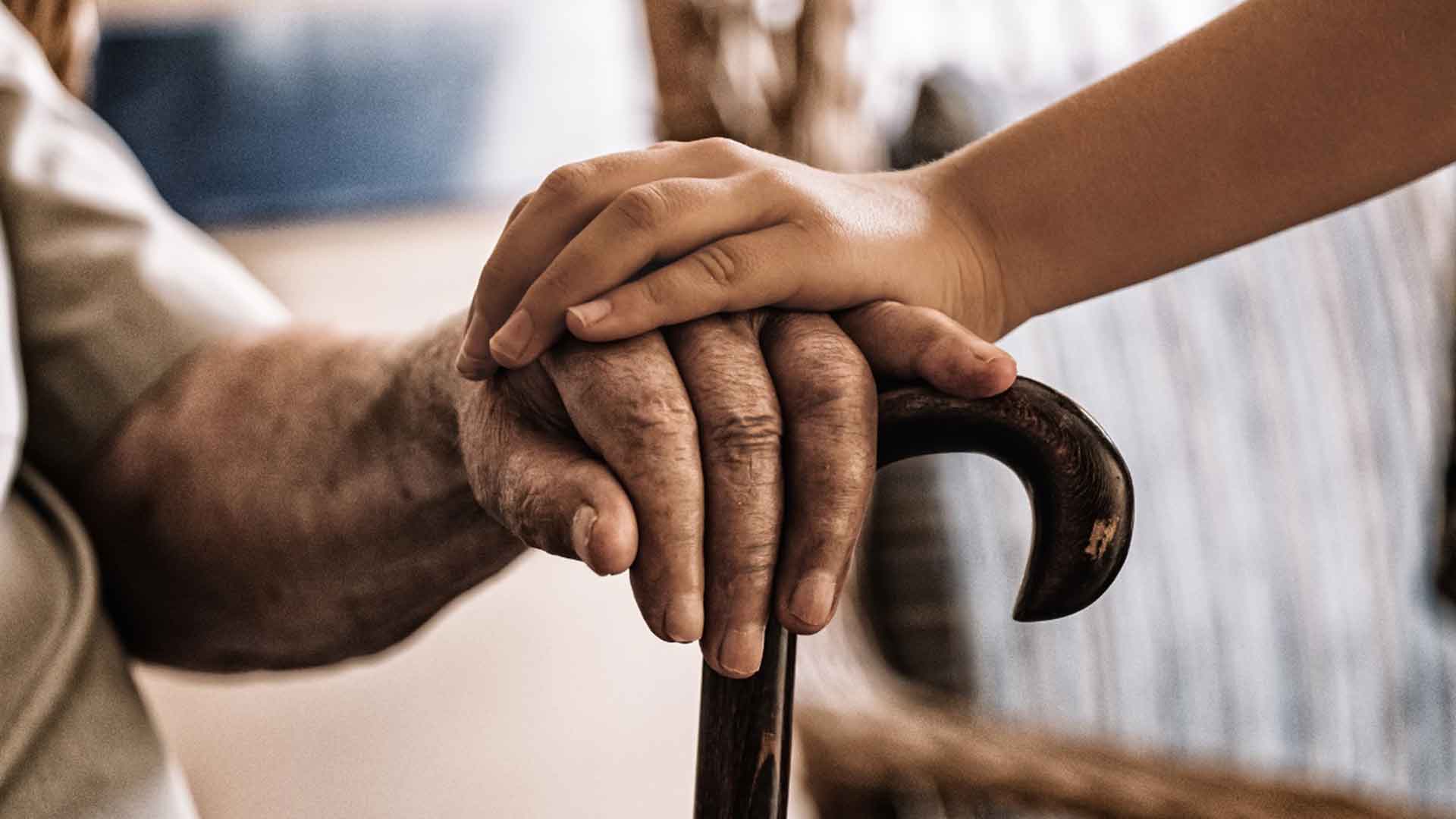Bangladesh, being rich in history, culture, and traditions, is strongly moulded by its heritage, religious beliefs, and community-oriented values. That is because the foundation of social norms in Bangladesh is based on respect, family, and collective identity — things that shape daily communication, behaviours, and societal norms. It is important for anyone living in the country or traveling there to understand these norms.
Respect for Elders
In Bangladesh, respect for the elderly is a societal norm. Bhai (brother), Apa (sister), Mama (uncle) and Khala (aunt). For example, in traditional settings, bowing little bit and touching the feet of an elders, as an expression of respect.
Family and Community Values
The family unit of Bangladesh has therefore commonly extended beyond the traditional nuclear family to include both grandparents, uncles, aunts and cousins, the family unit in Bangladeshi society plays a pivotal role in the centre of society. Joint families are the norm, and decisions are usually made as a group. Traditional values and parental influence in marriage are significant aspects, with arranged marriages being commonplace among family members.
You are not able to practice religious observance.
Islam is the main religion in Bangladesh and religion-based customs affect everyday life. You meet someone and salutes with Assalamu Alaikum (peace be upon you), and response with Wa Alaikum Assalam. Friday is the weekly holy day and businesses may close for Friday prayers. Although the larger part of the populace is Muslim, Bangladesh also has Hindu, Buddhist, and Christian communities that practice their rituals and celebrations.
Dress Code and Modesty
Conservative dress is common, especially in rural parts of the country. Usually, women wear a saree or salwar kameez and men Panjabis, lunges, or Western style clothing. It is wise to dress conservatively, especially in religious and especially rural environments, although foreign visitors are expected to dress in accordance with local customs.
Socializing and Entertaining
Bangladeshi people are warm and hospitable. When you visit someone, they commonly would be offering you tea, sweets, and a meal, and refusing food can be seen as rude. Men greet with a handshake, while handshaking is reserved for male–female interactions in more formal settings.
Gender Roles and Expectations
In many areas of Bangladesh traditional gender roles still exist. Although urban communities have experienced an increase in women joining the workforce, rural households are still traditionally structured, where men act as the primary earners and women take care of household duties. However, the dynamics have slowly been reshaped through women’s empowerment and education.
Do communicate in a professional, but human, tone.
Bengali Constitutional Language of Bangladesh. Fluency in Bangla is highly appreciated. It is customary to refer to others using respectful language. In this sense, it plays an indirect role in the dynamics of conversation, pre-filling the context to be that of social bonds, where direct confrontation is discouraged.
Common Culture and Social Manners
Having a bunch of fun in public, like hugging or kissing, is absolutely frowned upon especially among opposite genders. Shouting matches in public is avoided — dignity and societal harmony are critical here.
Festivals and Celebrations
There are many cultural and religious festivals in Bangladesh. The most significant include:
Eid-ul-Fitr & Eid-ul-Adha (in which the two Islamic holidays are marked with prayers, feast, and almsgiving)
Pohela Boishakh (Bengali New Year, marked by fairs and cultural programs)
Durga Puja (Hindu Festival of Goddess Durga)
Buddha Purnima (celebration of Buddha’s birthday)
Christmas (celebrated by the Christian community)
Marriage and Social Ties
Here, marriage is an important institution, and families arrange marriages considering compatibility, background and the family reputation. Though banned by law, dowries still flourish in some rural communities. Weddings are important social occasions involving large gatherings and rituals.
Conclusion
Social norms in Bangladesh are based on tradition, family values and community bonds. Although a dwindling influx of modern ideas is changing social norms day by day, respect, hospitality, and heritage are still some of the firm practices led by the Bangladeshi community. Knowledge of these norms, and an ability to adhere to them can encourage meaningful communications and a greater appreciation of the country’s vibrant culture.

